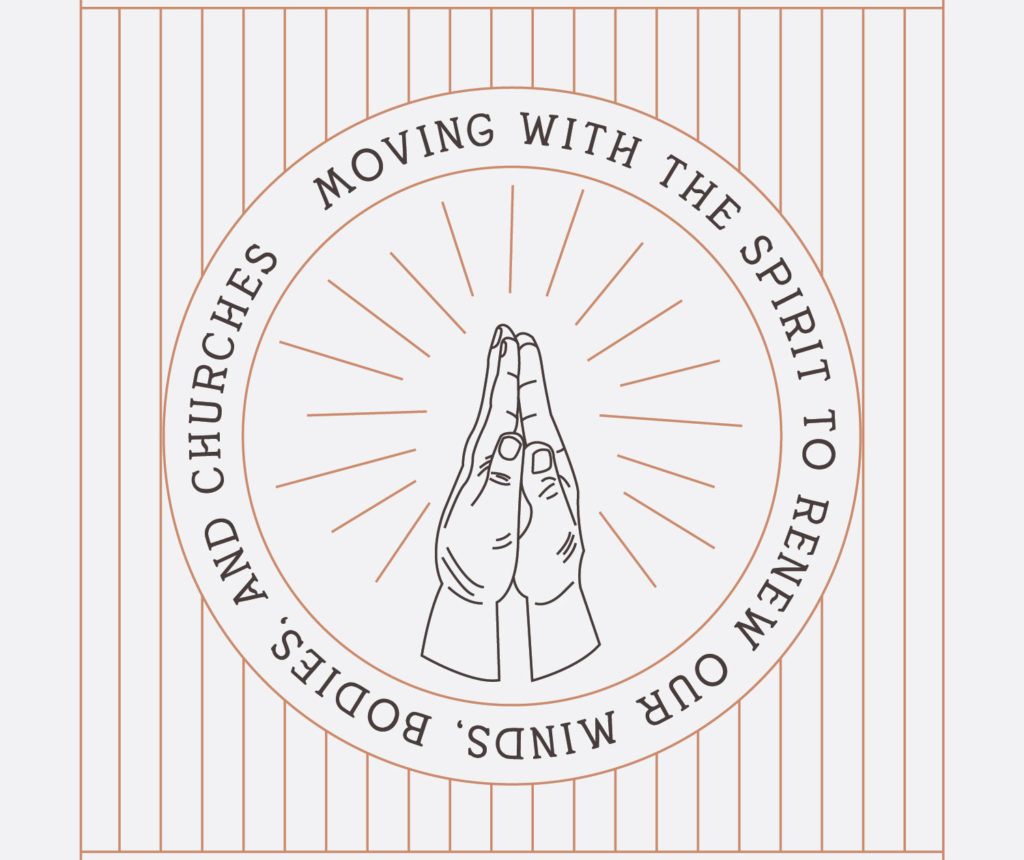
More Than Watchmen: Reflections on Waiting on and Wrestling with God
“Out of the depths I cry to You, Lord;
Lord, hear my voice.”
Have you prayed words like these before? When the depths are close at hand, are you able to cry out in this way?
To make a request for the Lord’s attention as the writer of Psalm 130 does here is bold. It may even seem disrespectful to approach the Most High God in such a way. The psalmist’s attitude is not confrontational, however; rather, it is humble desperation that motivates his cry. The Lord will not turn a deaf ear toward this prayer.
“I wait for the Lord, my whole being waits,
and in His word I put my hope.”
Rather than seeking other idolatrous escapes from “the depths,” the psalmist’s desperation drives him to greater determination to wait for the Lord. The Hebrew word for waiting here is qavah, and it describes waiting as the action of remaining hopeful and expectant. The psalmist digs his heels in here: “I wait for the Lord, my whole being waits.” (“Whole being” is translated from the word for “soul,” communicating the idea of one’s entire self.) Every fiber of his being is leaning into this waiting, and he concludes the verse with “in His word I put my hope.”
“Every fiber of his being is leaning into this waiting.”
I often struggle to reconcile waiting with hope. Ironic, because waiting is probably the primary activity of the truly hopeful. In my mind, though, the two seem contradictory. So often, we talk about hope as if it were a feeling that should fulfill us. “Times are tough, but have hope for the future, and everything will be okay!” Of course, Christ-followers should be disciplined in orienting our minds towards our eternal hope…but we should not pretend this is the end of our experience. “My whole being waits, and in His word I put my hope.” In His Word I put my hope—in the person of Jesus. Because our hope is in the incarnate Christ, our hope does not nullify our experiential reality of waiting. The Son of God meets us in our waiting, even as we wait hopefully for Him.
In verse seven, the psalmist urges God’s people to put their hope in the Lord, just as he continues to do so himself. “Israel,” he writes, “put your hope in the Lord, / for with the Lord is unfailing love / and with Him is full redemption.” By addressing the nation of Israel, he at least makes it clear that he’s shifting from internal prayer to outward exhortation. However, I wonder if there’s another layer of intentionality behind that address. For those familiar with the Torah, as the original audience surely would be, the name “Israel” has a backstory that may be relevant to this particular psalm.
“The name ‘Israel’ has a backstory that may be relevant to this particular psalm.”
***
Genesis 32 picks up the story of Jacob, son of Isaac, son of Abraham. Jacob has already stolen the birthright blessing from his brother, Esau, and spent years fleeing away from home as a result. In the second half of this chapter, Jacob is preparing to face Esau again, sending over everything he owns prior to their meeting in an attempt to appease his brother.
That night Jacob got up and took his two wives, his two female servants and his eleven sons and crossed the ford of the Jabbok. After he had sent them across the stream, he sent over all his possessions. So Jacob was left alone, and a man wrestled with him till daybreak. When the man saw that he could not overpower him, he touched the socket of Jacob’s hip so that his hip was wrenched as he wrestled with the man. Then the man said, ‘Let me go, for it is daybreak.’
But Jacob replied, ‘I will not let you go unless you bless me.’
The man asked him, ‘What is your name?’
‘Jacob,’ he answered.
Then the man said, ‘Your name will no longer be Jacob, but Israel, because you have struggled with God and with humans and have overcome.’
Jacob replied, ‘Please tell me your name.’
But he replied, ‘Why do you ask my name?’
Then he blessed him there. So Jacob called the place Peniel, saying, ‘It is because I saw God face to face, and yet my life was spared.’” (Genesis 32:22-30)
The NIV translation includes a footnote attached to Jacob’s new name: “Israel probably means he struggles with God.”
So then, with Genesis 32 in mind, Psalm 130:7 reads this way:
“You who struggle with God, you who wrestle with the Lord—put your hope in Him.”
Remembering the meaning of the name “Israel” expands our understanding of what waiting can look like. When circumstances require us to wait with our whole being, waiting can feel like a wrestling match. In such times, Genesis 32 reminds us that the Lord accommodates Himself to us to enter our struggle.
“The Lord accommodates Himself to us to enter our struggle.”
***
It seems crazy—bordering on blasphemy, even—that Scripture makes space for us to wrestle with God. Genesis 32 forces us to ask: does your theology allow you to struggle with Him? Do you trust His strength enough to push against Him? Do you believe that He is able to hold onto you better than you’re able to cling to Him?
A right understanding of wrestling is vital here. Remember that the heart of wrestling may be summed up in Psalm 130:5, as a waiting on the Lord involving our whole being. Therefore, the Lord is not our adversary. “Wrestling” without foundational faith is merely rebellion. In the words of a mentor, “the Lord only wrestles with those He walks with”—with the one who is determined to wait on the Lord.
“Then the man said, ‘Let me go, for it is daybreak.’
But Jacob replied, ‘I will not let you go unless you bless me.” (Genesis 32:26)
“I wait for the Lord
more than watchmen wait for the morning,
more than watchmen wait for the morning.” (Psalm 130:6)
Jacob and the psalmist speak with the same spirit of determination, the same gritted-teeth willingness to remain in the fight. In spite of a wrenched hip and the pressures of the deep, they persevere, with bodies strained in effort, refusing to settle for less than what the Lord alone can offer.
“They persevere, with bodies strained in effort, refusing to settle for less than what the Lord alone can offer.”
By some paradoxical metaphor, mediated (for now) by the Holy Spirit, so we also wait for the Lord by wrestling with Him. When familiar burdens threaten to overwhelm us, when we’re reminded that this world is not our home, when the darkness of night obscures His face, our desperation must drive us to the wrestling-waiting. And in the light of the morning, we will realize the blessing of having wrestled; though we limp for now, we will bear the fruit of pressing deeper into Him.
There will come a day when remaining in His arms is no longer a constant struggle, but a perfect embrace—the morning for which my whole being waits.
For more from Nathan, see ndstorms.com.









